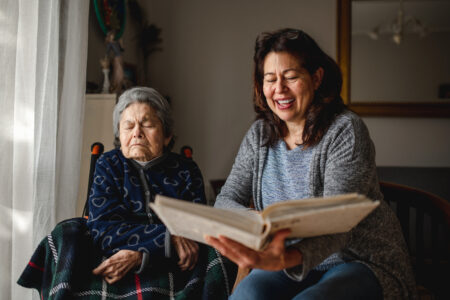
Share On Social!
Bladder cancer is the fourth most common cancer in men and causes about 17,100 deaths annually in the US.
About 75% of bladder cancer cases are non-muscle invasive. This means that the cancer affects the tissue lining of the inner surface of the bladder, but not the bladder muscle.
While this type of bladder cancer is treatable, one of the most effective treatments for this disease – a tuberculosis vaccine – causes intolerable side effects for up to 84% of patients, which can prevent treatment completion. When treatments fail, the bladder may have to be removed, reducing the patient’s quality of life.
However, a modified tuberculosis vaccine developed by Jordi B. Torrelles, PhD, a professor at Texas Biomedical Research Institute in San Antonio, could help treat non-muscle invasive bladder cancer without strong side effects.
The research, conducted in close collaboration with Robert S. Svatek, MD, a urologic oncologist at the Mays Cancer Center at UT Health San Antonio, was published in the scientific journal Cancer Immunology, Immunotherapy in June 2022.
“I’m hopeful that with grant or industry support, we can move this right along to clinical trials and explore this treatment for patients who don’t have options other than bladder removal,” Dr. Svatek said in a press release.
How might this potential new treatment impact Latinos?
Latinos and Bladder Cancer
Although bladder cancer is most common among white people, survival rates for Latinos are lower than their white counterparts (70.2% vs 76.4%, respectively), according to a UT Health San Antonio study.
The same study suggests that Latinos in South Texas have even worse survival rates compared to non-Latino whites (68.8% vs. 75.2%, respectively).
Lower bladder cancer survival rates among Latinos may be caused by the health inequities Latinos face. These include systemic barriers to healthy eating and physical activity; lower per capita personal incomes; lack of health insurance; lower education; and physician implicit bias.
Latinos are also less likely to participate in clinical trials, which makes it harder for researchers to find treatments tailored for this group — which makes up 18.9% of the US population.
Latino representation in clinical trials is particularly important when it comes to cancer, as it is the top cause of death for Latinos. Latino cancer cases are expected to rise 142% in coming years.
“Latinos in clinical trials are not only helping themselves, but they’re also building a future with better treatments that can help their families in the future,” said Dr. Amelie Ramirez, director of the Institute for Health Promotion Research and Salud America! at UT Health San Antonio, who is expanding Latino clinical trial recruitment through a grant from Genentech, a member of the Roche Group.
You Can Help Improve Latino Health Through Clinical Trials
Dr. Torrelles’ and Dr. Svatek’s potential new treatment for non-muscle invasive bladder cancer will hopefully “proceed in a timely way” into clinical trials. By participating in this potential clinical trial, you could help find more effective treatments for bladder cancer in Latinos and all people.
In the meantime, if you have a history of bladder cancer, you can join a clinical trial to help researchers learn new ways to prevent bladder cancer relapse.
You can also search for opportunities to participate in other clinical trials for a variety of diseases, including Alzheimer’s and breast cancer, even if your family doesn’t have a history of disease.
Is Latino participation in clinical trials really that important?
Yes. Just ask Alma Lopez.
Breast cancer is the top cause of death for Latinas, but Alma Lopez has been a breast cancer survivor for more than 15 years.
She believes participating in a clinical trial at UT Health San Antonio helped her get better treatment and better long-term health.
“Clinical trials are great for finding new treatments that help people,” Lopez said. “And it helps the scientists. It gives opportunity to better medication for all populations.”
By The Numbers
142
Percent
Expected rise in Latino cancer cases in coming years



